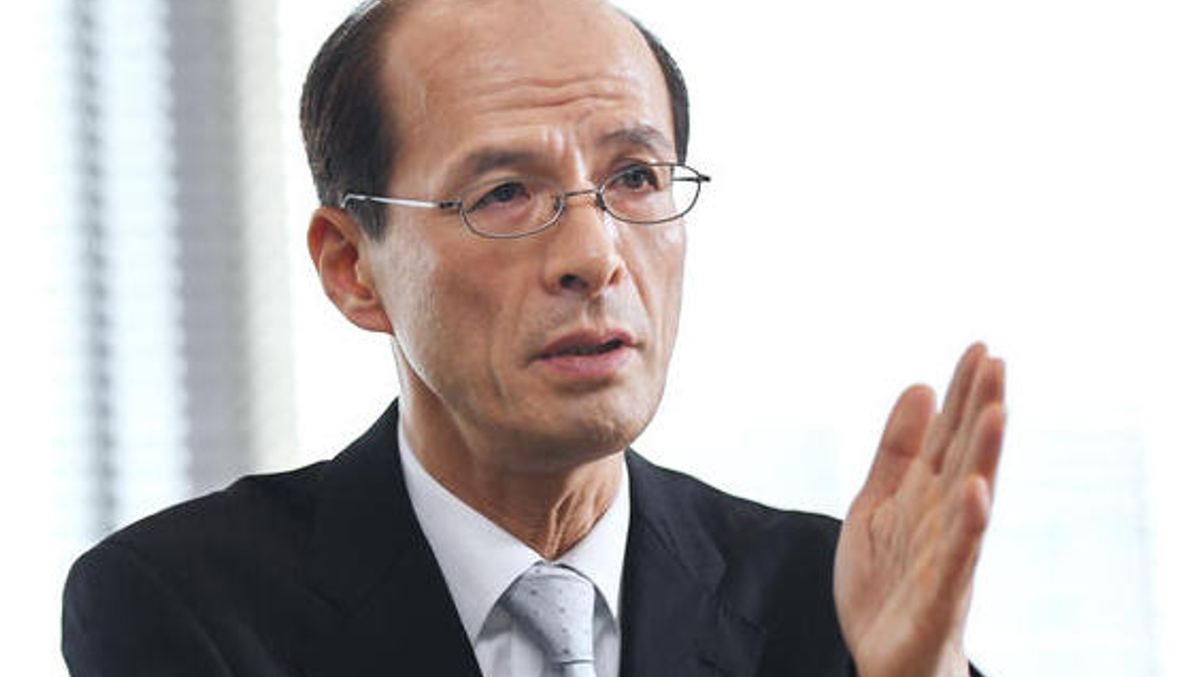Japan making ESG progress, with GPIF’s help
Doubts persist over Japan’s commitment to boardroom change, says fund house Hermes, but progress is being made, aided by the country's Government Pension Investment Fund.

By their own admission, Japanese asset owners and the companies they invest in still have a lot to learn about environmental, social and governance (ESG) factors.
Sign in to read on!
Registered users get 2 free articles in 30 days.
Subscribers have full unlimited access to AsianInvestor
Not signed up? New users get 2 free articles per month, plus a 7-day unlimited free trial.
¬ Haymarket Media Limited. All rights reserved.


